It is not only the hours of sleep you get that are important, but the quality of your sleep is also equally as important. 8 hours of sleep a night is the recommended amount of rest, however if those 8 hours are consumed by broken sleep, the individual is not getting the amount of sleep they require in order to naturally wind down.
Consequences of disturbed sleep patterns include:
- Increased stress
- Emotional dysregulation and irritation
- Memory challenges
- Reduced happiness and joy
One goes through 4 sleep stages during the night, consisting of NREM (non-rapid eye movement) & REM (rapid eye movement), each of the stages are significant in their own way, together they help to obtain a deep and restful sleep.
Stages 1-3 consist of NREM sleep (non-rapid eye movements), which is typically stages 1 & 2 are when you experience light sleep. Stage 3 is when sleep becomes deep, (it is harder to wake up during this stage). Stage 4 consists of REM sleep (rapid eye movement). Sleep will not be as deep in this stage, allowing for more brain activity to occur. Stage 4 sleep is when we experience vivid dreams, and plays a role in our memory and creativity.
Things that can affect your sleep stages
The amount of sleep you obtain per night may be due to a handful of different reasons, finding out the reason for your rocky sleep can help you to take preventative actions against them. Some factors that play a role in broken sleep may be:
- Uneven sleep pattern/ schedule
- Alcohol or caffeine
- Exercising too close to bedtime
- This is due to the amount of cortisol and dopamine your body produces when you work out. Your body may still be buzzing with these hormones when you are trying to sleep, and if a not enough gap was left since the workout, it may result in irregular sleep
- Sleep disorders (such as sleep apnea, anxiety, insomnia, stress)
- Room temperature is too hot or cold
How to manage with the amount of sleep you’ve gotten
New studies have found that the traditional “8 hours of sleep” is not as necessary as we thought it was. It has been found that our bodies will tell us when we’ve slept enough, rather than us forcing it upon ourselves. We now know that a deeper sleep is required when we haven’t been getting enough sleep, rather than us increasing the hours next time we go to bed, to make up for the hours we’ve lost.
Learning about fatigue management strategies is a great way to not only manage a sleep schedule that works for you, but also a way to help yourself when you’ve been losing hours of sleep. Fatigue management strategies are things such as staying active throughout the day, using blue light when engaging in technology (to help in alertness), staying hydrated and active. Essentially, we are trying to do the best we can with the amount of sleep we have gotten, all while maintaining the energy we have so we do not crash throughout the day. Engaging in fatigue management strategies is a way of helping and taking care of yourself, and managing.











